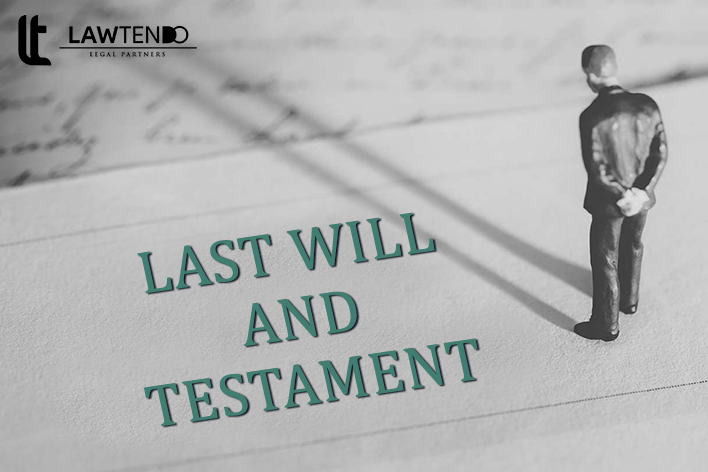A complete guide to will drafting

Date : 02 Nov, 2019
Post By Shreya Mintri
What is a will? In simple words, a will is a legally binding agreement of your wish to distribute your assets amongst your family and friends as you desire. Without a will, the assets of an individual are distributed according to the inheritance laws (which vary in different religions). A will allows you to distribute your assets between the people you want to, irrespective of your family ties. How to make a will? Designing a will is not a very complicated process. There are a few simple steps that you must keep in mind while designing the will. You may also consult a lawyer who expertise in wills and agreement drafting to help you with the same. Who gets the assets if you die without leaving a will? In the case where no will is formed, the assets of the deceased will be distributed according to inheritance laws which may vary from state to state and also in different religions. For instance, In the case of a deceased Hindu male, the inheritance is shared by the wife and children including daughters (subject to further divisions in different states and communities). In the case of a deceased Muslim male, the two-third of his property should be mandatorily divided amongst his family members and the widow of the male gets a share in that property by law. However, the sons get twice the share of the daughters. Consulting a lawyer who is an expert in inheritance laws can be the best choice in case there is no will of the deceased. When can a will be declared invalid? Proving that the will is original and the last will of the deceased completely lies on the shoulders of the party putting it forward in the court. Now, what can disqualify a person from making a valid will? Sound Mind: A person who does not have a sound mind (medically proven) can never create a will. However, a person with a medical condition of forgetfulness, say - Alzheimer’s may create a will when they are comprehensible and that will holds ground. A sane person can also not create a will in case the person is drunk or intoxicated. Age: A person should be a major i.e. above 18 years of age to write a will. A testamentary guardian is appointed to dispose-off the property of a minor. Of own accord: If the will is made by using force or wrongful means it is terminated in the court of law. A will must be dependent on the sole discretion of the person making the will without outside influence. Of own assets: It is advisable to make a will in front of a qualified attorney since there are chances that in your will you may include things or money that may not be lawfully yours. This may later create a lot of confusion so it is always better safe than sorry. When can a will be challenged? A will can be challenged if the beneficiaries of the will or the ones who think they should be included are not satisfied with the distribution of the assets and usually raise a question on the authenticity of the will, arguing on any of the above-mentioned points. Thus it is always advisable to consult a lawyer before making the will a will and understand how to make a will from them to avoid any further miscommunications or fights later.





